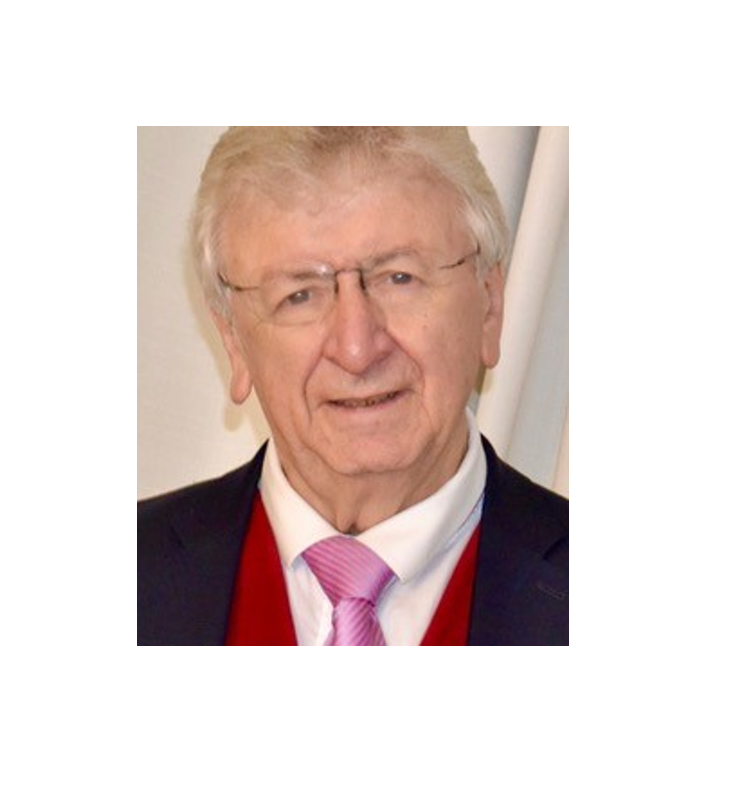CCSA Blog: From Kyoto to Dubai: The Evolution of CCS and the Urgent Call for Global Carbon Capture Action, by Dr. Jeff Chapman
Picture it – the United Nations Framework Convention on Climate Change (UNFCCC) Conference (COP3). The Kyoto Protocol had just been agreed upon, and it became very clear to me that there would, sooner or later, be an enormous potential for UK business in the energy and climate change sector. This realisation sparked discussions with the Department of Trade and Industry and UK Trade and Investment, culminating in my appointment as Trade Promoter for UKTI in 2000.
My mission was clear: focus on UK business opportunities in Emissions Trading (ET) and Cleaner Coal Technologies, later known as Carbon Capture and Storage (CCS). Backed by six forward-thinking companies, I spearheaded two business working groups, aiming to identify market opportunities, foster collaboration, promote the UK brand, and dismantle barriers to trade. As the landscape evolved, the need for an industry group independent of government support became evident. In 2006, we laid the foundation for the Trade Association London Climate Change Services, the UK service sector’s offering. However, the journey with CCS was laden with challenges, particularly its reception in the UNFCCC negotiation process.
CCS encountered resistance from environmental NGOs during UNFCCC negotiations, demanding strategic intervention. It was clear that unless CCS was recognised as a valid mitigation technology in the UNFCCC, it would not be able to develop as needed to mitigate global emissions. There were several attempts to write a methodology that would be accepted by the UNFCCC all to no avail. Then Tim Dixon was drafted in to become lead negotiator in this area for the UK and EU who played a crucial role during COP17 in Durban (2011) in getting the proposal passed. This was a major step forward for the recognition of CCS and laid the ground for CCS to assume its rightful place in the Paris Agreement.
I established the CCSA in 2006, out of the CCS Working Group at UKTI, thus delivering on my mission of launching a self-sustaining UK business group in the CCS sector. I was delighted that Lord Oxburgh, the most prominent Peer in this field, agreed to be our Honorary President. Gardiner Hill, who had already established his prominence in this sector, was appointed Chairman of the Board. The membership grew significantly, from an initial 11 who took up places on the CCSA Board, to a peak of 85 in 2014, at which point I retired.
I have followed the development of the Association with great interest, and I have been very proud to see the CCSA ride through the many bumpy policy challenges, as well as de-stabilising external factors such as the pandemic. The management of the CCSA has been exemplary in driving home the essential role of CCS in global mitigation, supporting a cluster-based development programme in the UK, influencing European developments and recruiting members to a new record level.
Observing recent developments in the CCS sector in the UK, EU and globally, I am very pleased indeed to see that the policy on CCS is changing for the better with, at last, a realisation that climate objectives cannot be achieved without CCS. The inclusion of CCUS in the final COP28 decision on December 13, 2023, signifies a significant milestone. For the first time, global efforts explicitly recognise the role of CCUS in achieving deep, rapid, and sustained reductions in greenhouse gas emissions, aligning with the ambitious 1.5-degree Celsius pathways.
The global conversation on carbon capture is gaining momentum, and the urgent need for the continued development and success of the CCS sector is unmistakable. As the world acknowledges the necessity of transitioning away from fossil fuels, achieving net zero emissions by 2050, and embracing low-carbon technologies, the role of CCUS has never been more crucial.

Dr. Jeff Chapman established the Carbon Capture and Storage Association in March 2006 following a long period of supporting UK businesses to establish a position in greenhouse gas emissions trading and carbon capture & storage.
Jeff has over thirty years of management experience in industry, consultancy and more latterly in government circles. He has specialised in the energy sector with a focus on the business opportunities that arise from climate change mitigation. Jeff has been a significant contributor to the establishment of London as the World centre of emissions trading.